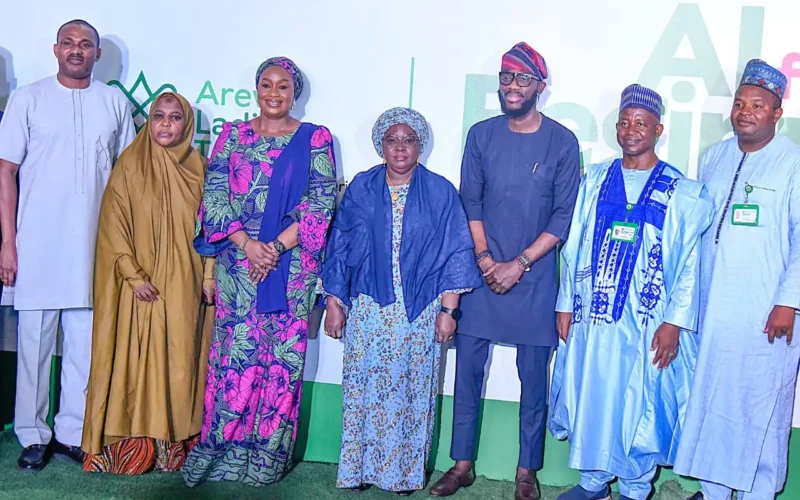On April 30, 2024, a landmark collaboration unfolded between Google, the Kaduna State Government, the National Information Technology Development Agency (NITDA), and Data Science Nigeria. This partnership heralded the launch of an ambitious educational endeavor: an animated series in the Hausa language designed to impart knowledge of AI tools to students.
In an address, Ahmed Yusuf Tambuwal, Acting Director of Digital Literacy and Capacity Building at NITDA, emphasized the need for localized educational content. He drew parallels with educational models in countries like China and India, where teaching in local languages has proven effective. The initiative aims to bridge linguistic divides and make learning more accessible to students in Kaduna.
Tambuwal’s sentiments echoed the vision set forth by the late Dr. Ogbonnaya Onu, former Minister of Science and Technology, who in 2017 proposed teaching STEM subjects in indigenous languages. Despite the initial enthusiasm, the plan faltered, leaving a void in localized educational resources. However, the success story of Cynthia Bryte-Chinule, who taught mathematics in Igbo and Pidgin English, served as inspiration for the current initiative.
Innovative Learning Methods: Embracing Technology for Education
The animated series comprises 40 concise yet comprehensive videos, each spanning seven minutes. These videos, akin to Bryte-Chinule’s methodology, are accessible online, catering to the evolving learning preferences of digital natives. Moreover, students can access the series through NITDA’s learning management system portal, ensuring a seamless and immersive learning experience.
Unveiling AI’s Educational Potential in Kaduna: Insights from Industry Leaders
Bayo Adekanmbi, CEO of Data Science Nigeria, and Olumide Balogun, Google West Africa Director, underscored the transformative potential of AI in education. They highlighted AI’s role in fostering critical thinking skills, problem-solving abilities, and innovation, thus equipping students with essential tools for the future. Balogun cited examples of AI applications in areas such as flood forecasting and healthcare, illustrating its real-world relevance.
The profound impact of AI education was palpable as trainees shared their success stories. From entrepreneurs leveraging AI for business growth to individuals securing employment opportunities, the program’s ripple effects were evident. These anecdotes reaffirmed the initiative’s overarching goal: to empower individuals and catalyze socio-economic development.
Despite commendable progress, Kaduna’s journey towards becoming a tech hub faces multifaceted challenges. Enforcing policies, securing adequate funding, and addressing lingering security concerns are pivotal for sustained growth. While initiatives like Arewa Ladies4Tech and AI tutorials mark significant strides, holistic solutions are imperative for realizing Kaduna’s full potential as a tech epicenter.
In summation, Google’s partnership with Kaduna exemplifies a shared commitment to innovation, inclusivity, and empowerment. By harnessing the transformative power of AI and localized educational content, this initiative heralds a new era in education, one where boundaries dissolve, opportunities abound, and every student has the chance to thrive. As Kaduna charts its course towards tech excellence, collaboration, perseverance, and innovation will serve as guiding beacons, illuminating the path to a brighter, more prosperous future.





